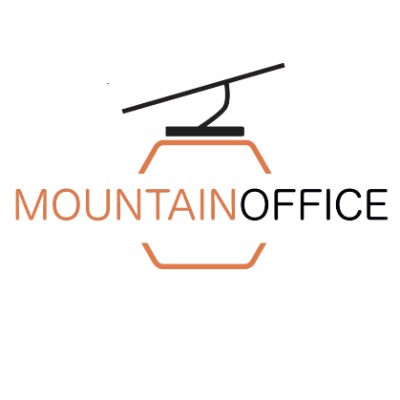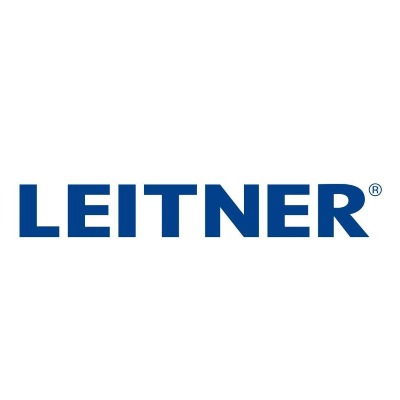Tyrol Tourism Looks Back At The Winter Season With Satisfaction

The winter season ended on April 30th. It is the first without corona-related restrictions since 2018/19, which thus forms the reference for the current result. As part of a press conference, industry representatives took stock.
"According to a calculation by MCI Tourismus, we will achieve added value of around 3.5 billion euros in this year's winter season. Adjusted for inflation, we are up to six percent of the value from the 2018/19 winter season," emphasized Mario Gerber. This solid winter result is also reflected in the seasonal tourism barometer, a representative survey of Tyrol's accommodation providers. 90 percent of them are very satisfied or satisfied with the economic success of the current winter season.
Quality is the focus
In the current winter season, five out of six months - November 2022 to March 2023 - have been evaluated. On average, these correspond to around 90 percent of all overnight stays in winter. During this period, Tyrol's tourism accounts for 5.1 million arrivals. The result is 7.4 percent behind the comparable period before the pandemic. In terms of overnight stays, the industry holds at 23.2 million - which is 6.8 percent short of the values of 2018/19. "Despite this deficit, we are satisfied, especially since we have long been concerned not with quantitative but with qualitative growth," Gerber makes clear. “In addition, the starting position was anything but easy. Energy shortages, massive increases in energy prices and high inflation caused uncertainty and restraint at the beginning of the winter season.
Every second overnight stay by a German guest
In terms of the markets of origin, Germany's importance is once again confirmed. Compared to the pre-corona period in 2018/19, the arrivals of German guests are 5.1 percent lower at 2.6 million and the overnight stays are 6.3 percent lower at 11.7 million. According to this, however, every second overnight stay comes from a German guest. There was growth from the Netherlands market: arrivals increased by 5.8 percent to 650,000, overnight stays by 6.0 percent to 3.6 million. The home market has not yet returned to pre-pandemic levels. 500,000 arrivals of guests from Austria mean a minus of 7.1 percent. With 1.5 million overnight stays, this is 7.7 percent short of the comparison period 2018/19.
The average length of stay remained stable at 4.5 days. "The longer the guests stay, the fewer arrivals and departures and therefore less traffic," explained Tirol Werbung Managing Director Karin Seiler. "It is therefore a strategic goal of ours to extend the length of stay." In the past few months, Tirol Tourist Board has repositioned itself overall and further developed strategy and structure in order to best meet the goals of the Tyrolean Way tourism strategy. In addition to a future lab for potential future topics, there is, for example, a dedicated competence center for sustainability. "There we bundle topics such as climate or mobility," says Seiler.
After the great uncertainty in the run-up to the current winter season due to energy shortages and inflation, Alois Rainer was satisfied with the balance sheet so far. According to the head of the department for leisure and tourism in the Tyrolean Chamber of Commerce, the companies coped well with the difficulties of the past winter. However, the staffing situation remains a challenge. “The number of employees in tourism has grown by 40 percent since 2015. On the one hand, this is a clear sign of our consistent pursuit of quality and, on the other hand, it is the result of more attractive framework conditions for the workforce,” Rainer made clear. Because both a higher standard and more flexible working time models lead to an increased need for employees.
Good prospects for the summer
Good demand is expected for the summer. The seasonal tourism barometer confirms the great attraction of the holiday region of Tyrol. 78 percent of the companies are satisfied or very satisfied with the booking situation for the summer season. This is a better result than in the previous year (74 percent). “It is important to use this good demand for self-confident pricing,” said Gerber. This is an important lever for increasing the added value in summer, which is still behind that in winter. The survey showed that around six out of ten companies have increased their prices for the coming summer season.
"In the detailed analysis of the booking situation, we also see the importance of the German market for Tyrol's tourism," explained Seiler. "According to the tourism barometer, 92 percent of the companies surveyed are very satisfied or satisfied with the bookings made by German guests." For the Dutch market, almost 85 percent of the companies are satisfied or very satisfied. For bookings from the home market of Austria, this figure is 80 percent.
Tirol Werbung is investing around six million euros in communication measures for the coming summer. In addition to focusing on the main holiday season in the sense of seasonal equalization, the company is also focusing on measures to promote autumn.
Head of division Rainer is also looking towards the summer with confidence: “According to the tourism barometer, half of the accommodation providers assume that they will be able to maintain the sales result of the previous year. 35 percent even expect to close the 2023 summer season with an increase in sales,” says Rainer. Only 13 percent expect sales to fall.













